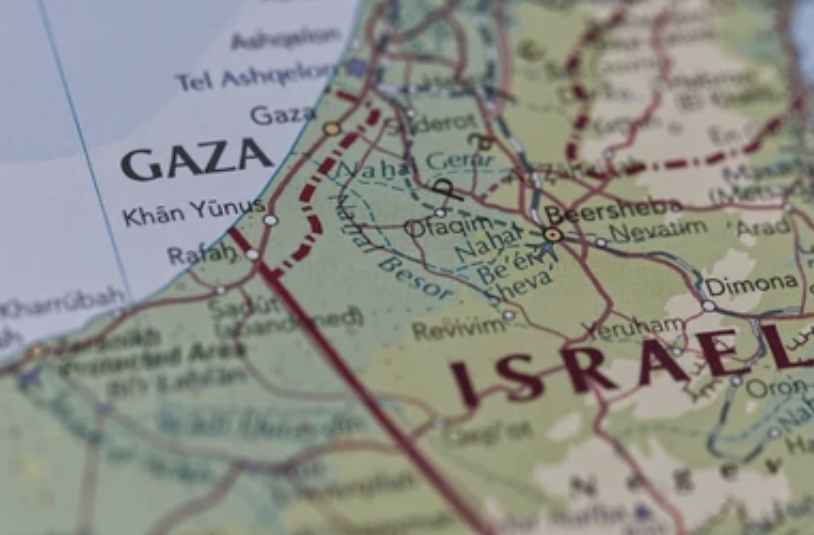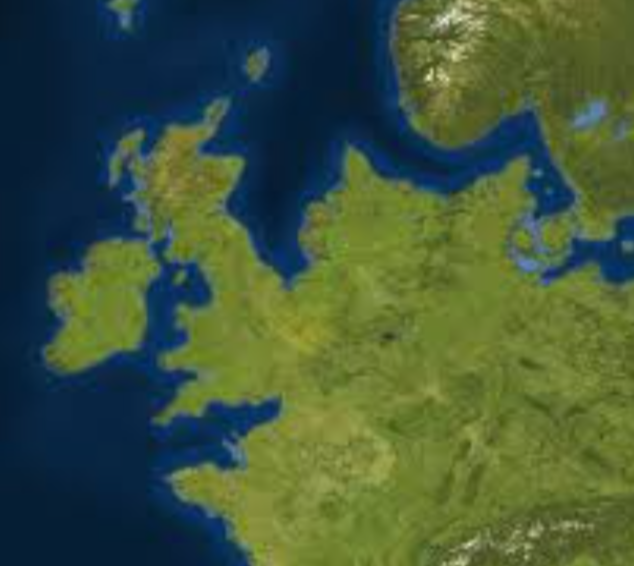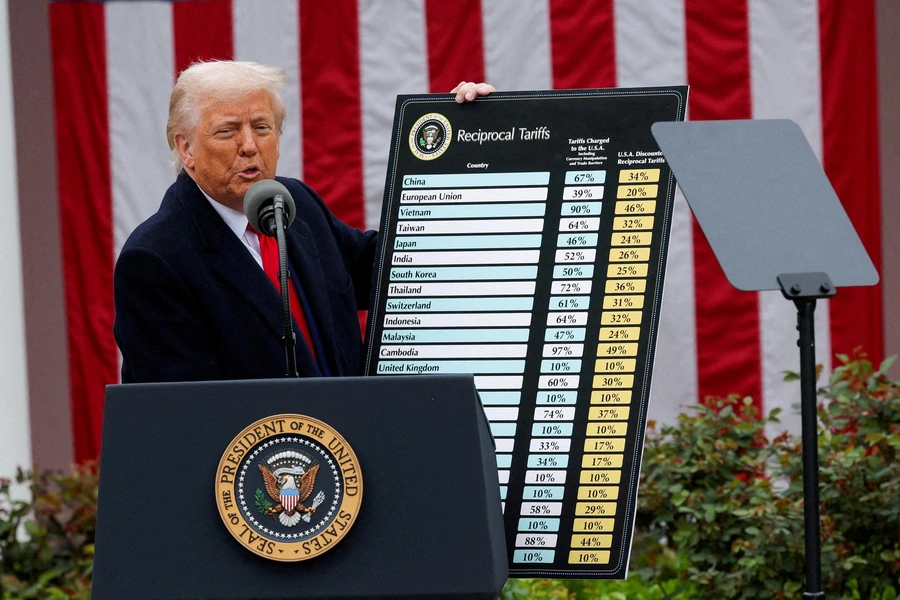Introduction:
Conflicts and intricacies of Middle Eastern politics, culture as well and history have plagued this region for years now. The Israeli-Palestinian crisis stands out as one of the most persistent and deeply traumatic issues involving a thunderous area with Gaza being right at its center. More recently, Iran’s intervention has further complicated what is already a very complex case.
Historical Context:
Understanding the present crisis requires exploring the historical background of the Palestinian-Israeli confrontation. As a result of this Israel has been created and forced many Palestinians to suffer. Since the year 1948, these displaced people have continued hosing grievances which has led to prolonged hatred among both entities. Gaza is an ancient strip of land situated alongside the Mediterranean and has been a hotspot for conflict, featuring repetitive episodes of violence as well as human crisis.
The Role of Iran:
Iran’s interference in the Middle East has often been a point of contention as it has supported such organizations as Hamas in Gaza. The involvement of Iran from both political and financial perspectives makes the issue more worrying for other regional partners as well as world powers. The involvement adds to some urgency in this crisis as well as making it more complicated.
The Humanitarian Toll:
Despite the political and historical context of the issue, there are human consequences that have to be addressed. The civilians from both sides suffer equally in this regard, undergo eviction, lose their lives, and experience a decline in living standards. As is typical with other parties such as the international communities, humanitarian organizations, and concerned individuals, it has been continually calling for a peaceful resolution that would put an end to the suffering of those who are caught in the fire from time immemorial.
International Responses:
Different reactions coming from the international community were initiated by this crisis. Some countries stand strongly in favor of Israel while others give precedence to the suffering and the cause of the Palestinians. The UN has been busy playing intermediaries trying to negotiate for a cessation of hostilities, and peace talks, just to mention but a few. This is a multidimensional dilemma that should be acknowledged for its diverse views and opinions.
Conclusion:
The Middle East crisis, mostly on the Palestine problem centered around Gaza continues as one of the thorny and complicated issues. Nevertheless, recognizing historical grievances coupled with geopolitics should always be handled impartially and empathically. The world should come together in a common effort to bring about an enduring peace that values the human being in everyone affected by the conflict and promotes dialogue and reconciliation.















